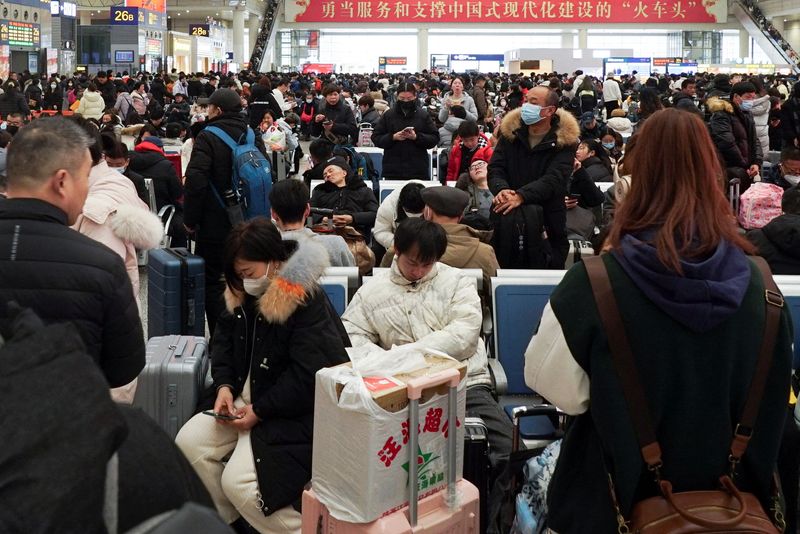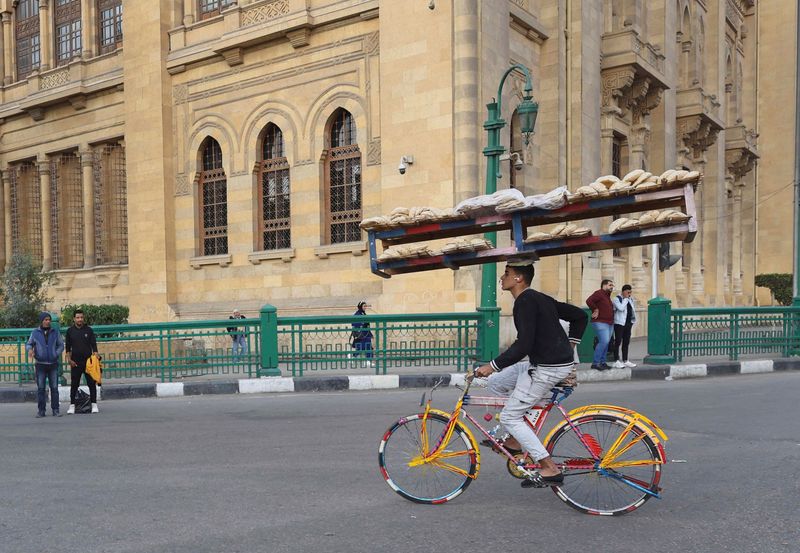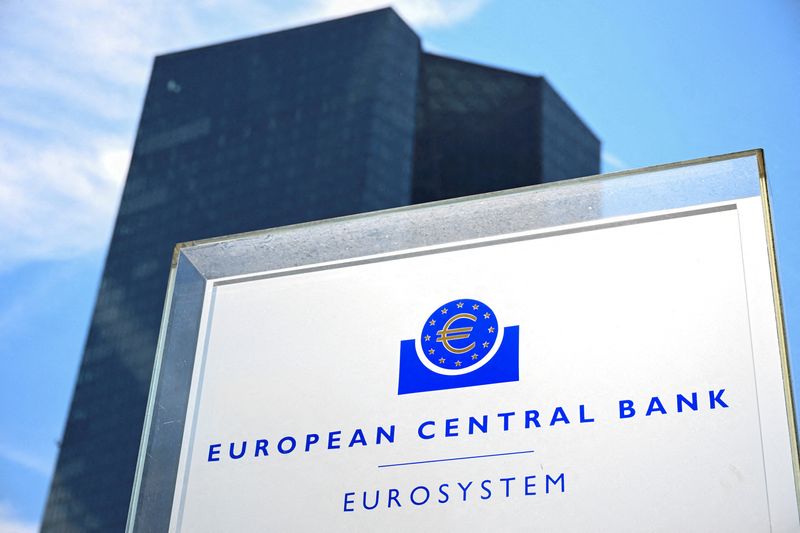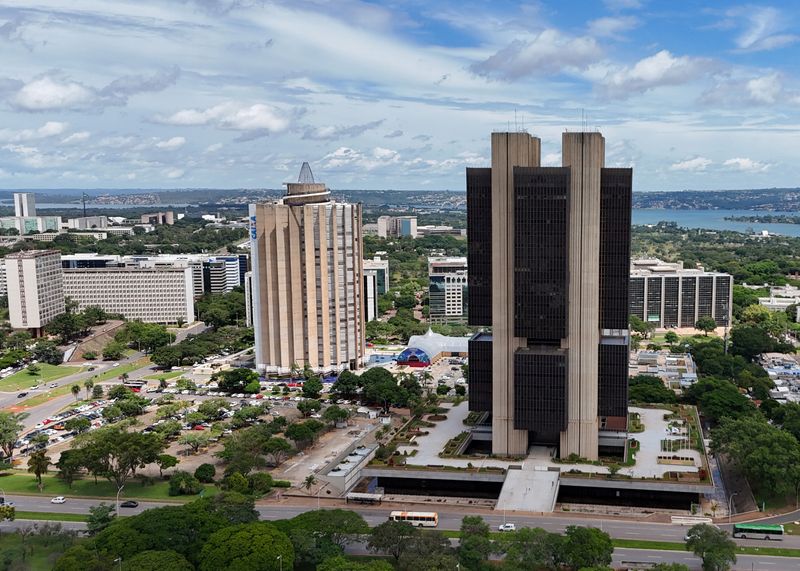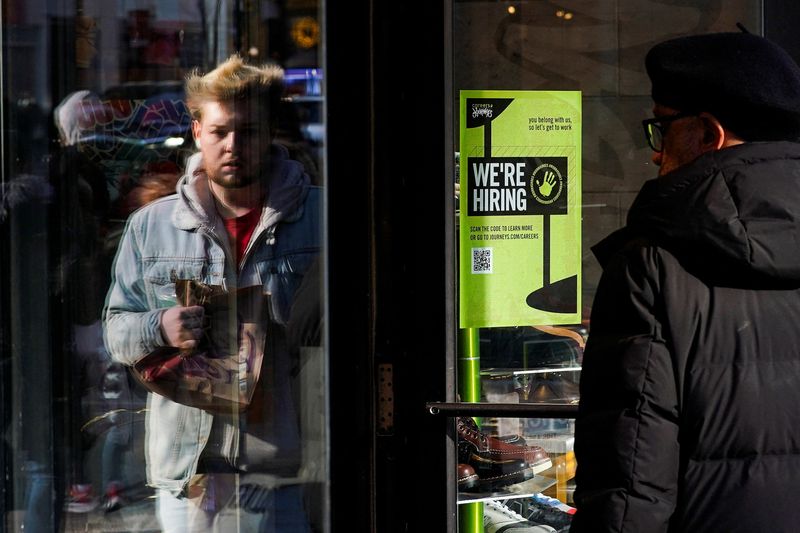By Arathy Somasekhar
HOUSTON (Reuters) -Oil prices were little changed on Monday, as hopes of stronger demand stemming from higher factory activity in China was largely offset by concerns that the U.S. Federal Reserve will not cut interest rates again at its December meeting.
Brent crude futures settled 1 cent lower at $71.83 a barrel. U.S. West Texas Intermediate crude rose 10 cents, or 0.15%, to $68.10.
A private sector survey showed China’s factory activity expanded in November at the fastest pace in five months, boosting Chinese business optimism just as U.S. President-elect Donald Trump has ramped up trade threats.
Meanwhile, a ceasefire between Israel and Lebanon, which took effect last Wednesday, appeared increasingly fragile. The Israeli military said on Monday it was currently striking “terror” targets in Lebanon amid mutual accusations of ceasefire violations between Israel and Lebanese armed group Hezbollah.
The Pentagon said that despite some incidents, the ceasefire between Israel and Lebanese armed group Hezbollah was holding.
“Increased geopolitical risks remain. Even though the ceasefire is underway in Israel, it seems evident that there are some misconceptions about the legitimacy of the ceasefire,” said Dennis Kissler, senior vice president of trading at BOK Financial.
Traders also watched developments in Syria, weighing whether recent escalation could widen tensions across the Middle East and affect supply.
Both crude benchmarks fell more than 3% last week, pressured by easing supply concerns from the Israel-Hezbollah conflict and 2025 surplus forecasts, despite expected sustained output cuts.
The Organization of the Petroleum Exporting Countries and its allies, together known as OPEC+, postponed the group’s next meeting to Dec. 5. It will discuss delaying a planned oil output increase scheduled to start in January, OPEC+ sources told Reuters last week.
“Attention will be on the potential delay of the planned production hike, as an indefinite delay could alleviate downward pressure on prices,” said George Pavel, general manager at Naga.com Middle East.
This week’s meeting will decide policy for the early months of 2025.
“Money managers are sitting on the fence … the market is looking for clarity between the implication of the forthcoming Trump administration and OPEC+ supply policy,” said Harry Tchilinguirian at Onyx Capital Group.
Pressuring oil prices, Atlanta Federal Reserve President Raphael Bostic said he has an open mind about whether to cut interest rates again at the Fed’s December meeting, with upcoming data on jobs important in shaping the decision.
Higher interest rates increase the cost of borrowing, which can slow economic activity and dampen demand for oil.]
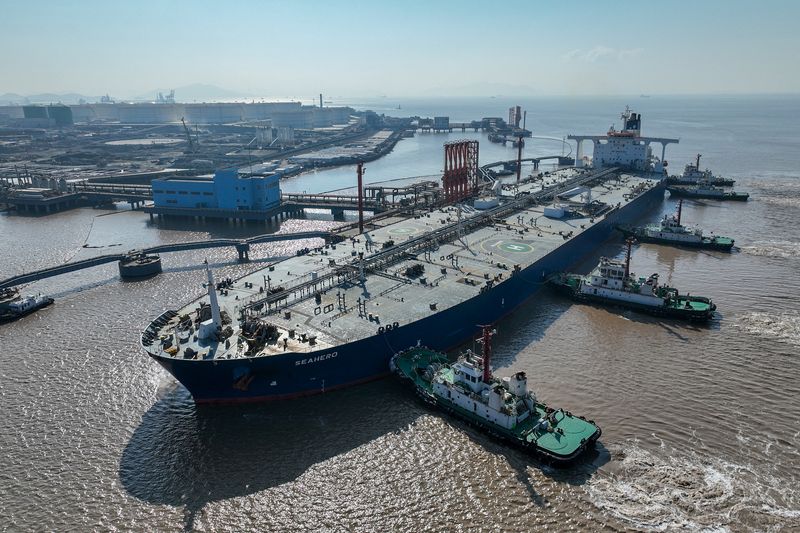
Also pressuring oil, the dollar pushed higher again, after Trump on Saturday threatened 100% tariffs on BRICS member countries unless they commit to not creating a new currency or supporting another currency that could replace the dollar.
A stronger greenback makes dollar-denominated oil more expensive for investors holding other currencies, hurting demand.


